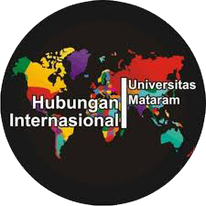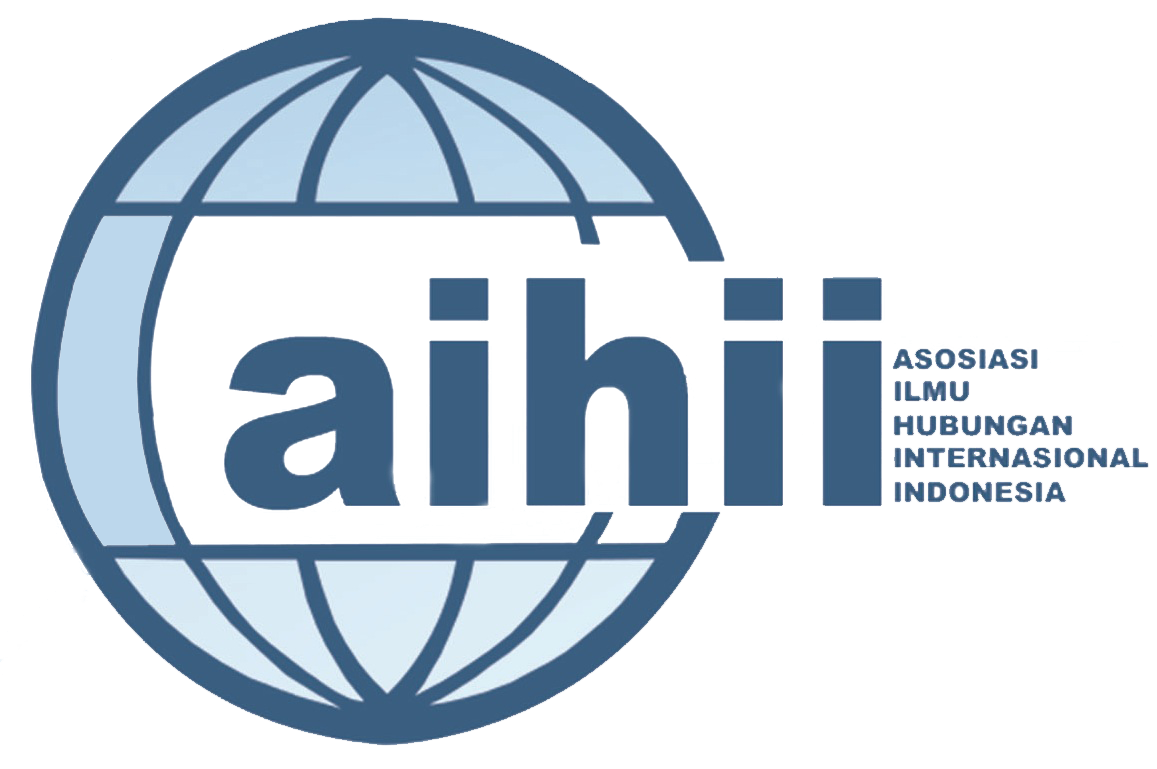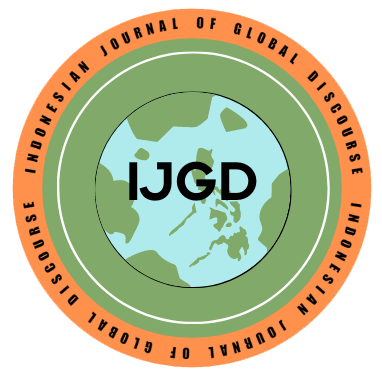Konstruksi Predominant Leader dalam Kebijakan Moon Jae In terhadap Jepang dalam isu Comfort Women pada Tahun 2017-2022
DOI:
https://doi.org/10.29303/ijpss.v5i2.142Keywords:
Comfort Women, Moon Jae In, Korea Selatan, Jepang, KebijakanAbstract
Comfort Women refers to the practice of forced sexual services on thousands of women by Japanese soldiers during World War II. This issue has been a source of tension in relations between South Korea and Japan for several years. In this research, the concept of "predominant leader" is used as a lens for analyzing the role played by President Moon Jae-in in making various policies related to this issue. The method used is descriptive-qualitative with literature study techniques, and the data used is secondary data originating from books, journals, and official websites. This research includes an analysis of several of Moon Jae In's foreign policies towards Japan, such as efforts to register the history of comfort women at UNESCO, demands for compensation against Japanese companies, withdrawal from GSOMIA, and the dissolution of the Reconciliation and Healing Foundation. The results of this research illustrate the complexity of the comfort women issue, with emphasis on ‘goal-driven’ and ‘situationally responsive’ aspects when it comes to policies issued in his effort to seek justice for the victims
References
Asahi Digital. (2014). Issue became pressing matter again after decision by Constitutional Court of Korea. https://www.asahi.com/articles/ASG8L6G74G8LULPT010.html
BBC. (2017, November 23). San Francisco accepts “comfort women” statue. BBC News. https://www.bbc.com/news/world-asia-42092477
Gracellia, J. (2020). The Impact of Resolving the Comfort WomenIssue to Japan and South Korea Relations during 2015—2019. UPH Journal of International Relations, 11(21).
Haesel, K. (2015). Contending Narratives on the „Comfort Women‟ Issue in South Korea and Japan. Lampert Institute for Civic and Global Affairs Colgate University.
Haggard, S. (2015). The Comfort Women Agreement. https://www.piie.com/blogs/north- korea-witness-transformation/comfort-women-agreement
Hermann, M. G., Preston, T., Korany, B., & Timothy M., S. (2003). Who Leads Matters: The Effects of Powerful Individuals. International Studies Review, 3(2).
Hye In, Y. (2018). Dissolution of the Reconciliation and Healing Foundation According to the Wishes of the Comfort Women Victims. The Kyunghyang Shinmun. https://english.khan.co.kr/khan_art_view.html?artid=201811221709077&code=710100
Jonsson, G. (2019). Can Memories of the Japan-Korea dispute on “Comfort Women” Resolve the Issue? International Journal of Korean Studies, 23(2).
Kang, M. (2018). South Korea Decides to Dismantle 'Comfort Women' Reconciliation and Healing Foundation. The Diplomat. https://thediplomat.com/2018/11/south-korea- decides-to-dismantle-comfort-women-reconciliation-and-healing-foundation/
Kasulis, K. (2019). South Korea‟s „No Japan‟ boycott is new. But the wounds are old. The World. https://theworld.org/stories/2019-08-12/south-korea-s-no-japan-boycott-new- wounds-are-old
Lee, J. A. (2015). Abe‟s US Visit to Focus on Controversial Statements. VOA. https://www.voanews.com/a/abes-us-visit-to-focus-on-controversial- statements/2735012.html
Min, P. G. (2003). Korean “Comfort Women”: The Intersection of Colonial Power, Gender, and Class. Gender and Society: Sage Publications, 17(6).
Ministry of Foreign Affairs of Japan. (1995). MOFA: Statement by Prime Minister Tomiichi Murayama “On the occasion of the 50th anniversary of the war‟s end.” https://www.mofa.go.jp/announce/press/pm/murayama/9508.html
Ministry of Foreign Affairs of Japan. (2015). Announcement by Foreign Ministers of Japan and the Republic of Korea at the Joint Press Occasion. Japan-Republic of Korea Relations. https://www.mofa.go.jp/a_o/na/kr/page4e_000364.html
Mosler, H. B. (2017). President Moon Jae-in − The Right Choice for South Korea. Bertelsmann Stiftung, 1(1).
Reuters. (2019). Japan‟s Abe says won‟t alter 1993 apology on “comfort women.” Emerging Markets. https://www.reuters.com/article/us-japan-korea-idUSBREA2D04R20140314
Shin, H. (2021). Voices of the ”Comfort Women”: The Power Politics Surrounding the UNESCO Documentary Heritage. The Asia-Pacific Journal, 19(5).
Soh, S. (1996). The Korean" Comfort Women": Movement for Redress Soh, Chunghee S. Asian Survey, 36(12).
Soh, S. (2003). Japan‟s National/Asian Women‟s Fund for “Comfort Women.” Pacific Affairs, University of British Columbia, 76(2).
Sugiyama, S. (2019). Japan officially approves scrubbing South Korea from “white list” of countries. Business. https://www.japantimes.co.jp/news/2019/08/02/business/japan- officially-approves-removing-south-korea-white-list-countries/
The Hankyoreh. (2017). UNESCO postpones registration of comfort women archival materials due to pressure from Japanese government. The Hankyoreh. https://english.hani.co.kr/arti/english_edition/e_international/817040.html
VOA Indonesia. (2018). Perusahaan Jepang Diperintahkan Bayar Ganti Rugi Tenaga Kerja Paksa Korsel. Asi Pasifik. https://www.voaindonesia.com/a/perusahaan-jepang- diperintahkan-bayar-ganti-rugi-tenaga-kerja-paksa-korsel-/4679547.html
VOA Indonesia. (2020). Korsel Upayakan Solusi Bagi Korban Perbudakan Seksual Jepang. Dunia. https://www.voaindonesia.com/a/korsel-upayakan-solusi-bagi-korban- perbudakan-seksual-jepang-/5543501.html
Downloads
Published
Issue
Section
License
Copyright (c) 2023 Arizki Putri Candelaria

This work is licensed under a Creative Commons Attribution-NonCommercial 4.0 International License.













